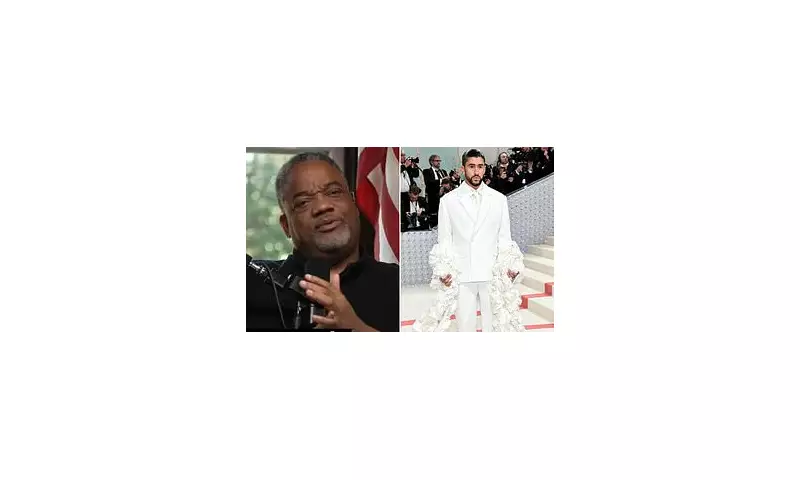
In a fiery commentary that's set social media ablaze, prominent sports pundit Jason Whitlock has launched a scathing assault on the NFL's recent marketing direction, particularly targeting what he describes as an over-saturation of LGBTQ-themed advertisements during major events.
The Super Bowl Controversy
Whitlock's criticism centres on this year's Super Bowl broadcast, where he claims the league crossed a line from inclusion to outright alienation of its traditional fanbase. The commentator specifically highlighted Bad Bunny's commercial appearances as emblematic of this shift, arguing that the league is prioritising political messaging over football fundamentals.
'They're forgetting who built this league,' Whitlock declared during his recent broadcast. 'The hardcore football fan doesn't tune into the Super Bowl to be lectured about social issues. They want football, not activism.'
Backlash and Support
The response to Whitlock's comments has been predictably polarised. While many traditional fans have echoed his sentiments across online forums and social media platforms, LGBTQ advocacy groups and progressive voices have condemned his stance as regressive and exclusionary.
Several prominent athletes have weighed in on the debate, creating a clear division within the sports community. Some have praised Whitlock for 'speaking truth to power,' while others have accused him of promoting intolerance under the guise of protecting sports tradition.
The Business of Inclusion
Behind the heated rhetoric lies a fundamental question about modern sports marketing. The NFL, like many major sports organisations, has increasingly embraced diversity and inclusion initiatives in recent years, viewing them as both social responsibility and business strategy.
However, Whitlock argues this approach has backfired, suggesting that the league's ratings challenges in certain demographics stem directly from what he calls 'virtue-signalling overkill.'
'There's a difference between genuine inclusion and forced messaging,' Whitlock maintained. 'When every commercial break becomes a political statement, you're no longer selling football - you're selling an agenda.'
What Comes Next?
The controversy raises important questions about the future of sports broadcasting and corporate sponsorship. As brands become increasingly vocal about social issues, and sports leagues position themselves as platforms for change, the tension between commercial interests and fan expectations continues to grow.
Whether Whitlock's comments represent a vocal minority or signal broader fan discontent remains to be seen. What's certain is that the conversation about where sports ends and activism begins is far from over.





